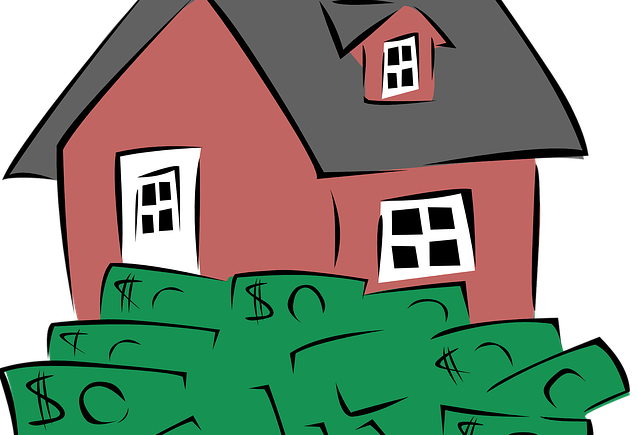The government has teamed up with Dansk Folkeparti, Socialdemokratiet and Radikale regarding a new model for property taxation.
The agreement ensures that no property owners will pay more in property tax annually than they currently pay today, as long as they continue to reside in their current properties.
More specifically, the move means that all increases in property tax after 2017 can be frozen. A temporary freezing initiative for property owners’ land value tax (grundskyld) will be initiated for the years 2018-2020, after which it will be replaced by a permanent freezing initiative that encompasses all nominal increases in overall property taxes for owners.
That means that despite any increases in land value tax or property valuation, as property prices rise, the annual fee will not increase in terms of kroner and øre. However, part of the difference that is frozen will have to be paid should the property be sold.
READ MORE: Property tax in Denmark second highest in EU
Kristian values
“I’m really pleased that we have reached an agreement that ensures more security for the property owners,” said the finance minister, Kristian Jensen.
“Because we are talking about a broad agreement with parties from both sides of Parliament, the deal ensures that property owners can rest assured knowing that their taxes won’t increase as long as they remain in their current homes.”
The agreement also entails the common rate of property tax being reduced to 0.55 percent, while the limit for the progressive property valuation tax rate will be taxed 1.4 percent on properties valued at 7.5 million kroner or more for the value that exceeds that limit.
The new tax rates will come into effect in 2021.















